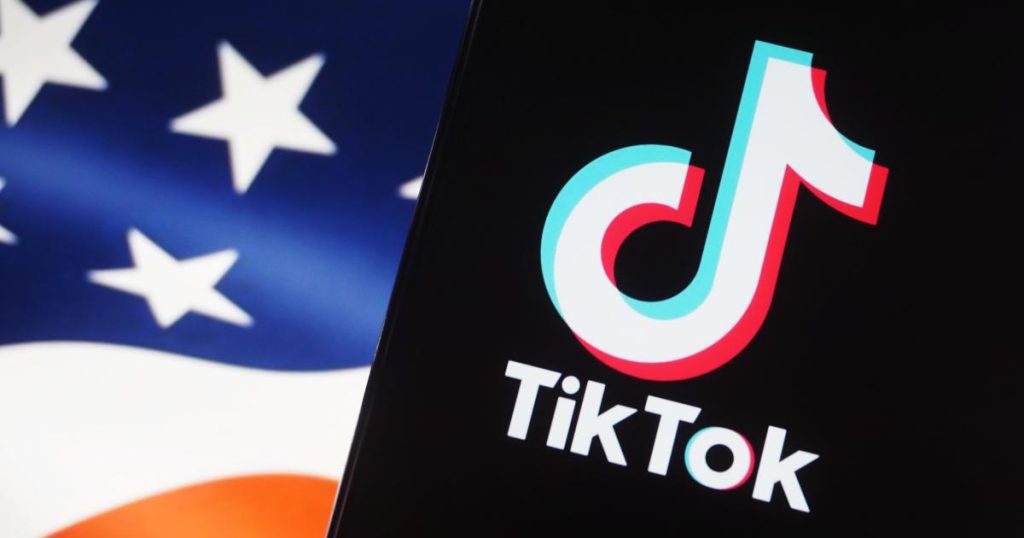Washington — The legal battle between the popular video-sharing app TikTok and the U.S. government began on Monday, with arguments over a possible ban on the app. TikTok and its parent company ByteDance have faced scrutiny from U.S. officials over concerns that China could access user data for malicious purposes. Lawmakers passed legislation earlier this year requiring TikTok to be sold or banned from U.S. app stores, sparking a lawsuit from TikTok and ByteDance against the Justice Department in May. The parties argued that the law violates First Amendment rights and asked the court to block enforcement, which could result in a shutdown of the app by next year.
The U.S. Court of Appeals for the District of Columbia Circuit fast-tracked oral arguments due to the impending deadline for TikTok’s sale. In court on Monday, TikTok sought a preliminary injunction against the law, arguing that a ban would set a dangerous precedent against an open internet. Meanwhile, the Justice Department expressed concerns over China’s potential access to personal data from millions of U.S. users. Representatives for TikTok argued that Congress had unfairly targeted the app and its users, questioning the government’s evidence of China’s ability to steal data and emphasizing that other foreign-based companies are not facing similar restrictions.
During the arguments, TikTok’s attorney Andrew Pincus challenged the government’s case, questioning the constitutionality of the law and the government’s burden of proof. He emphasized that the law directly impacts the speech of 170 million Americans and urged the court to scrutinize the government’s rationale for targeting TikTok specifically. Another attorney representing TikTok users in the lawsuit argued that suppressing speech based on fears of foreign influence is unprecedented and violates the First Amendment rights of American speakers. On the opposing side, the government’s attorney Daniel Tenny highlighted the security risks posed by TikTok’s Chinese ownership, citing the app’s data collection practices and its potential value to foreign adversaries.
The arguments in court centered around the implications of the law that could result in a ban on TikTok, with both sides presenting their case for and against the measure. TikTok’s legal team emphasized the importance of protecting free speech and challenging the targeting of a specific platform by Congress. The government focused on national security concerns related to data privacy and the risk of foreign influence through the app. The outcome of the legal battle could have significant implications for the future of TikTok in the U.S. and raise broader questions about the balance between national security and free speech in the digital age. As the case progresses, the court will need to weigh these competing interests and make a decision that respects both the rights of users and the security concerns raised by the government.


